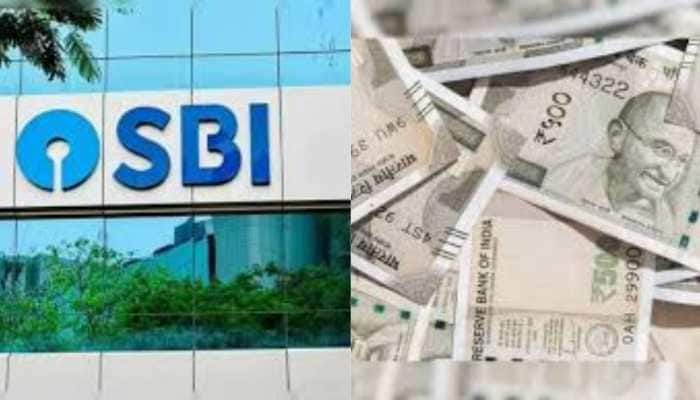Ebola returns to Congo: WHO assessing extent of outbreak; things to know about the disease
WHO Regional Director for Africa Matshidiso Moeti on May 13 visited Kinshasa to discuss with national authorities and partners ways to mount a rapid, effective and coherent response in order to stop the ongoing Ebola outbreak.
Trending Photos
)
New Delhi: The World Health Organisation (WHO) has said that investigations are on to assess the full extent of the ongoing Ebola outbreak in the Democratic Republic of Congo which has already claimed three lives in the region.
Last week, WHO reported one Ebola-related death and the possibility of two others. On Saturday, the UN health agency confirmed all three deaths were also Ebola-related.
The first case occurred on April 22 in a 45-year-old male. He was transported by taxi to hospital and was pronounced dead on arrival.
Later, the driver also fell ill and died. A third person who cared for the first case also became ill and subsequently died.
At present, 25 contacts of the second patient who died are being followed. Of the cases and deaths, one has been tested polymerase chain reaction PCR-positive for Ebola.
WHO Regional Director for Africa Matshidiso Moeti on May 13 visited Kinshasa to discuss with national authorities and partners ways to mount a rapid, effective and coherent response in order to stop the ongoing Ebola outbreak.
The visit follows notification by the Democratic Republic of Congo (DRC) government of an outbreak of Ebola virus disease in Likati health zone, Bas Uele Province, in the northern part of the country bordering Central African Republic.
The Likati health zone is around 1,400 kilometres from the capital Kinshasa.
"To date, the outbreak is reported in a remote and hard to reach area and appears to be geographically relatively limited. However, investigations are ongoing to assess the full extent of the outbreak and, therefore, high vigilance still needs to be maintained," WHO said on Saturday.
On May 10, 2017, a multidisciplinary team led by the Ministry of Health of DRC and supported by WHO, under the new WHO Emergency Programme, and partners, was deployed to the Likati health zone, Bas Uele Province to conduct an in-depth field investigation.
The Global Outbreak Alert and Response Network (GOARN) has been activated to provide additional support if required.
Reinforcement of epidemiological surveillance, contact tracing, case management, and community engagement are under way.
"We are grateful to WHO and other partners for the swift support in carrying out investigations that led to the confirmation of this outbreak," said Oly Ilunga Kalenga, Minister of Health of DR Congo.
"A strong multi-sectoral response, better coordination, public awareness, community engagement and adequate resources will be critical in our efforts to stop the outbreak," he added.
This is the eighth outbreak of Ebola virus disease since its discovery in 1976 in DR Congo.
The 2014-2016 Ebola outbreak in West Africa killed more than 11,300 people.
Ebola virus disease - What is it? Is there a cure for the disease? Signs and symptoms
Ebola virus disease (EVD) is a severe, highly infectious virus that is spread through contact with bodily fluids. It causes bleeding inside and outside the bodyas wells as organ failure.
Initial symptoms may include high fever, headache, joint pain and muscle aches, weakness, sire throat, stomach pain, etc.
As the disease advances, symptoms may get worse, causing bleeding inside the body, as well as from the eyes, ears, and nose. Some people may vomit or cough up blood, have bloody diarrhea, and get a rash.
The disease, also known as Ebola hemorrhagic fever, kills up to 90% of people who are infected.
Till date, there is no approved vaccine to prevent the virus or treatment or cure.
(With IANS inputs)
Stay informed on all the latest news, real-time breaking news updates, and follow all the important headlines in india news and world News on Zee News.
Live Tv







)
)
)
)
)
)
)
)
)
)
